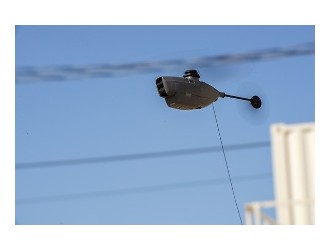
In a statement issued Wednesday, Boeing said it was working with CFM to inspect the discs, the problem with which CFM and its supplier discovered as part of its quality inspection process. Boeing added that it had “at no time” experienced any problems associated with the Safran-supplied low pressure turbine during flight testing. A Boeing spokesman told AIN that CFM notified the airframer of the possible defect late last week and that it took immediate action.
“We will work closely with CFM to understand the precise scope and root cause of the quality issue,” said the Boeing statement. “Our plan remains to begin Max deliveries in May. Max production will continue, as will production and delivery of our Next-Generation 737 airplanes.”
The Max program has so far clocked 2,000 hours on the engines, including abuse testing and flights lasting more than nine hours. Boeing’s inspections throughout the process hadn’t uncovered any problems. “Additionally, 180-minute Etops testing completed in April required another 3,000 simulated flight cycles on the test stand before a complete inspection was conducted by CFM,” added Boeing.





